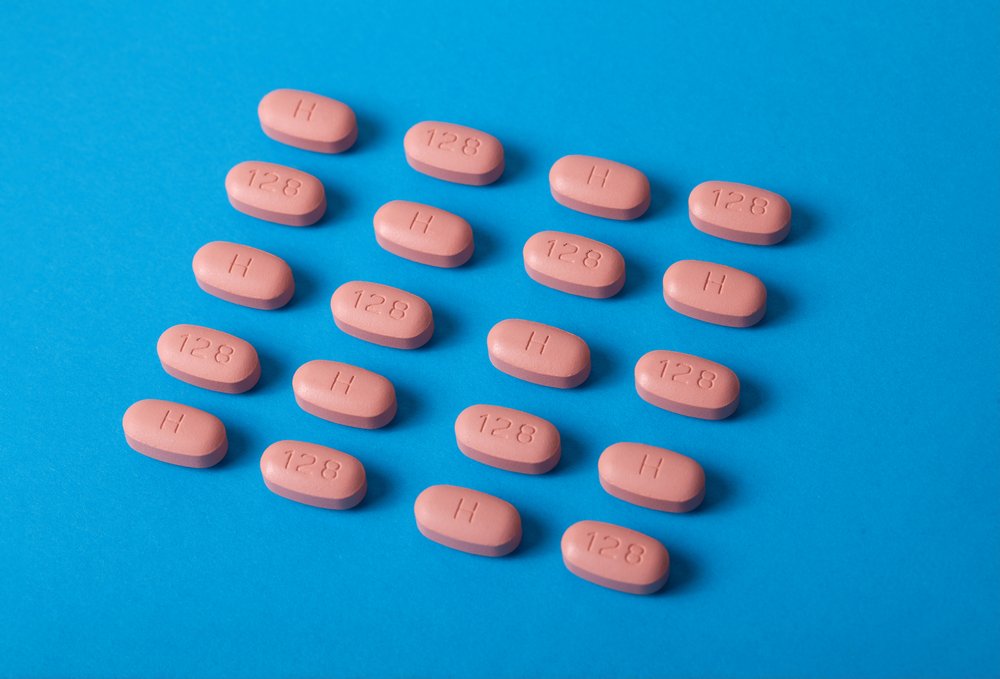NYC program to keep patients' HIV levels 'undetectable' faces Mayor Adams' budget cuts
May 14, 2024, 1:12 p.m.
Mayor Eric Adams is seeking broad cuts to the city's health budget, according to his latest spending plan.

HIV services, including a program that has been shown to help hard-to-reach patients reduce their viral loads, are among those targeted in city budget cuts.
The city health department is set to cut $5.3 million in spending on HIV programs as part of its effort to comply with Mayor Eric Adams’ recent directives to reduce the agency’s budget by $75 million overall in fiscal year 2025, which starts in July, Health Commissioner Dr. Ashwin Vasan said on Monday at a City Council hearing on the mayor's proposed health budget.
“No programs were left untouched, and that includes HIV, as regrettable as that is,” Vasan said at the hearing.
Vasan said about 80% of the cuts came from reducing department overhead and spending on non-public-facing programs. Another $15 million was spread out among direct services to the public, although city officials did not specify which services were affected besides those related to HIV.
City health officials also haven’t responded to questions about how much total city funding goes toward HIV services, or which specific HIV programs were affected. But Vasan stressed that the HIV services are still “extraordinarily well-funded” due to robust federal support, which amounts to nearly $200 million annually.
Representatives for organizations that provide HIV services said one of the main programs affected is the Undetectables, which connects people with HIV who are out of treatment with primary care providers and case managers to help them address needs including child care, mental health and transportation. The program also provides $100 cash incentives every three months if a patient's lab work shows they are undetectable for HIV, said Naomi Harris Tolson, vice president of health innovation at the nonprofit Housing Works.
Housing Works launched the Undetectables in 2014 and it has since been adopted by nine other organizations with the help of city funding. Housing Works will continue to be able to offer the program to the roughly 900 currently enrolled patients, but the organization is losing city funding to provide training and support to other groups that administer the program, since some of those groups' contracts for the program are being reduced or eliminated entirely, Harris Tolson said.
Patients' HIV levels are considered undetectable — and therefore unable to be transmitted to others — when the amount of the virus in their blood is so low that blood tests can’t detect it, according to the U.S. Centers for Disease Control and Prevention. Patients' HIV levels can typically become undetectable, or virally suppressed, within six months of them taking HIV medication daily, the CDC said. But HIV service providers say some patients struggle to adhere to treatment because of their living situations or behavioral health issues.
A 2019 study by the University of Pennsylvania found that, over two years, the Undetectables program increased the share of patients whose HIV levels were virally suppressed from 39% to 62% and reduced disparities in outcomes. Homeless patients, patients with substance use issues and Black patients recorded the most improvement.
The providers affected by the cuts include HIV/AIDS nonprofit GMHC and LGBTQ+ health center Callen-Lorde, which has locations in Manhattan, Brooklyn and the Bronx.
GMHC launched its Undetectables program in 2022 and served about 70 people last year, with the goal of doubling that number this year, said Jason Cianciotto, the organization’s vice president of public policy and government affairs. But the organization is now poised to lose its $445,000 contract for the program, along with other city funding for an HIV education program for older adults and a job training program for people with HIV — totaling about $1.1 million in funding, Cianciotto said.
Vasan said HIV cuts would primarily target education and outreach program rather than services for diagnosis and treatment. But Cianciotto said the Undetectables program falls into the latter category.
“A budget is a matter of priorities,” he said. “The question that the mayor and those around him need to answer is, 'why is HIV and AIDS not a priority?'”
Organizations that stand to be affected by the HIV cuts said they were notified last month that some of their city contracts would be eliminated or reduced.
“We find it very concerning that these contracts have been reduced or eliminated because the services these organizations provide are vital to the city,” Councilmember Lynn Schulman, who chairs the Council's health committee, said at the hearing on Monday.
New York City has greatly reduced the prevalence of HIV and AIDS since the height of the epidemic in the 1980s, with fewer than 2,000 new infections now reported each year. In 2022, about 88% of people with HIV had virally suppressed levels of the virus, according to the most recent city surveillance report. But the report also found that progress on improving HIV outcomes, including rates of viral suppression, had plateaued in recent years.
Housing, cannabis and more: Here’s what’s in the $237B NY budget (so far) NYC school mental health jobs are on the chopping block. The City Council wants them back. At least half of NYC’s mental health clubhouses lose funding as city bets on bigger ones